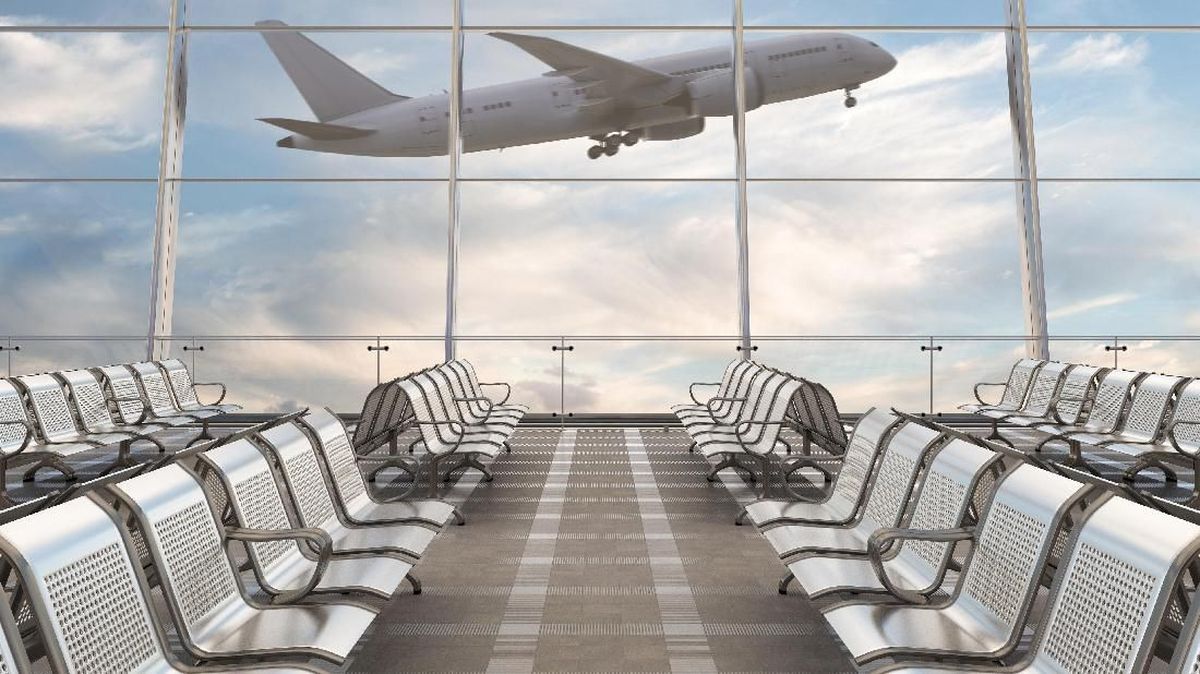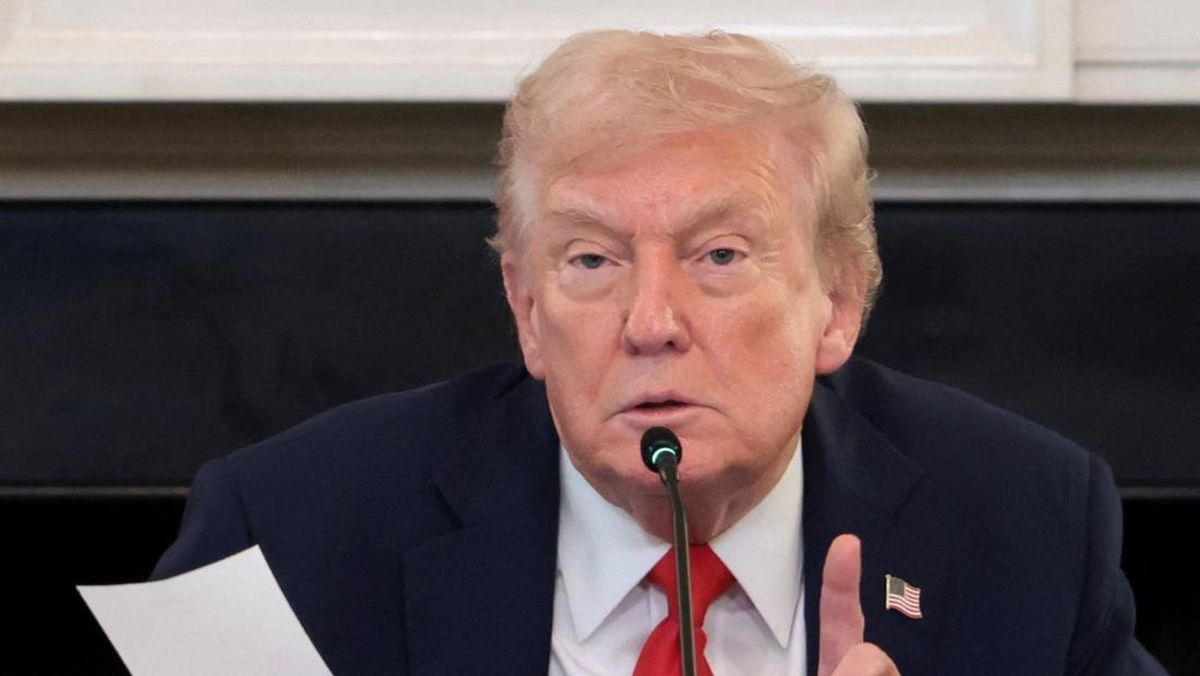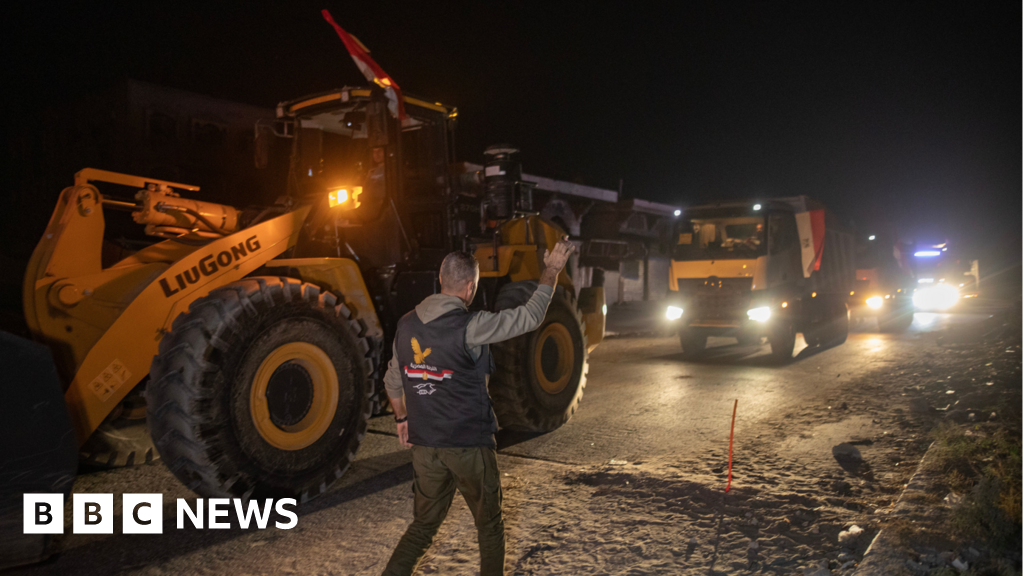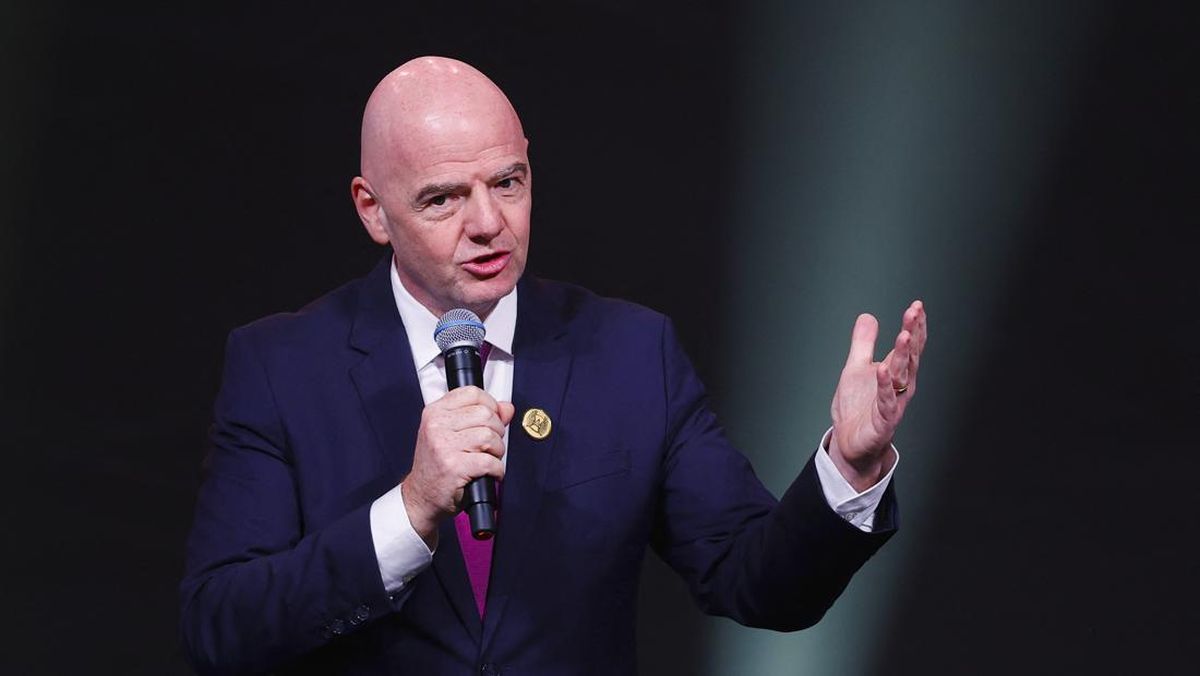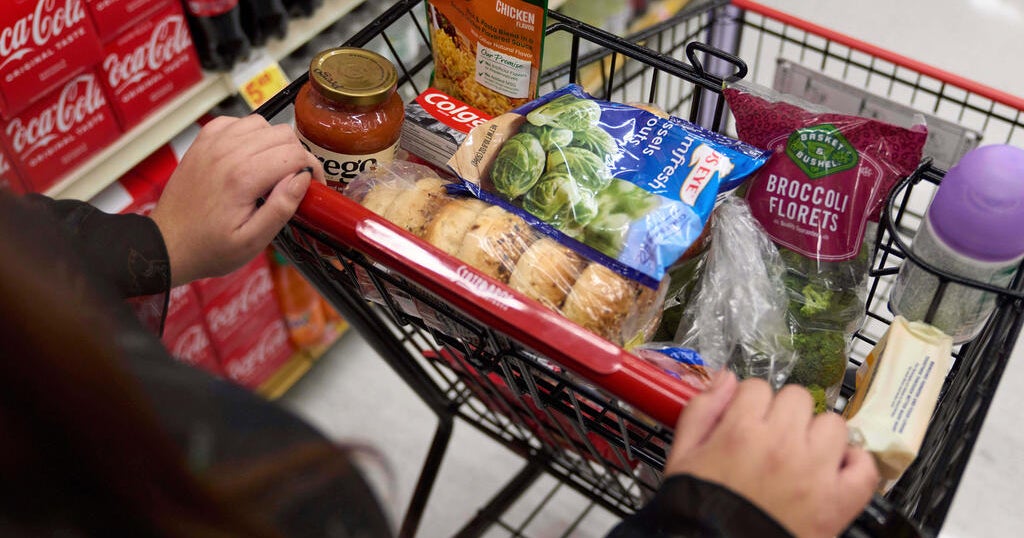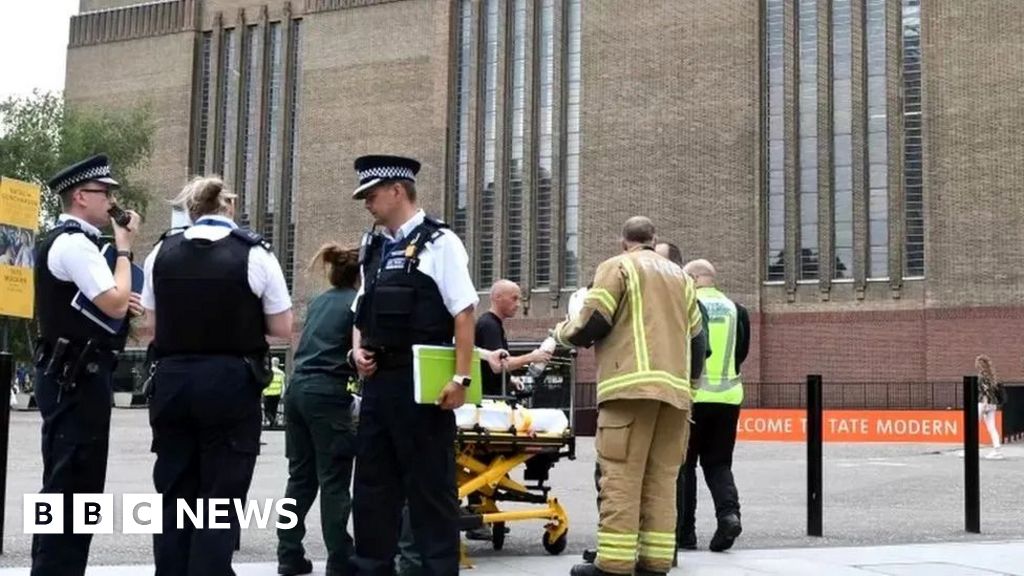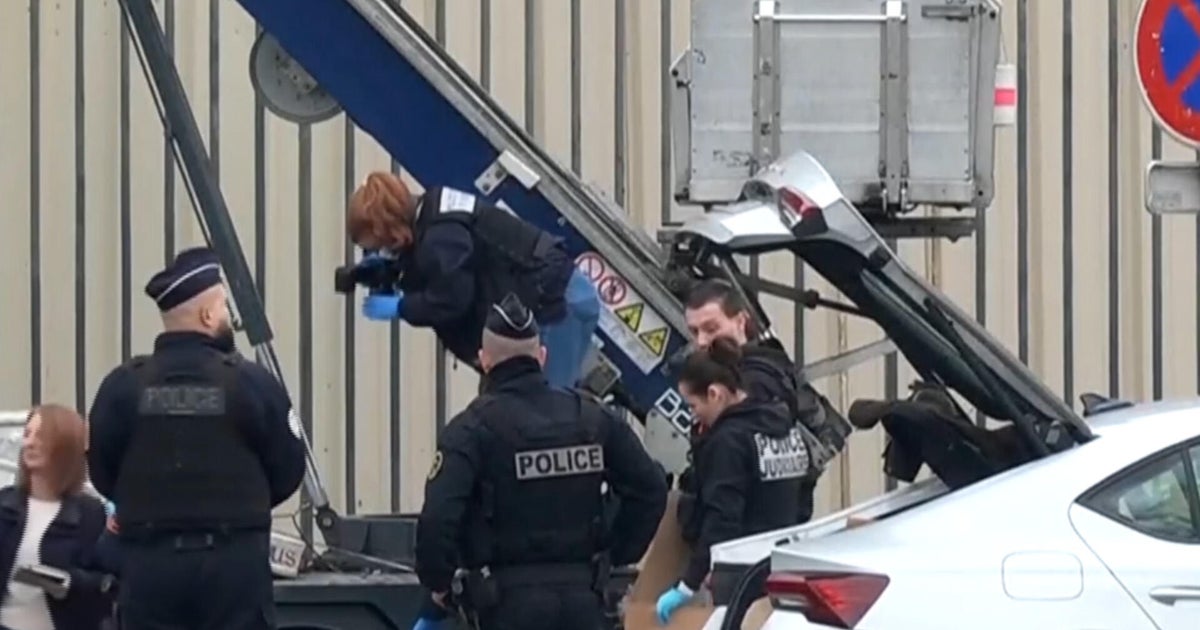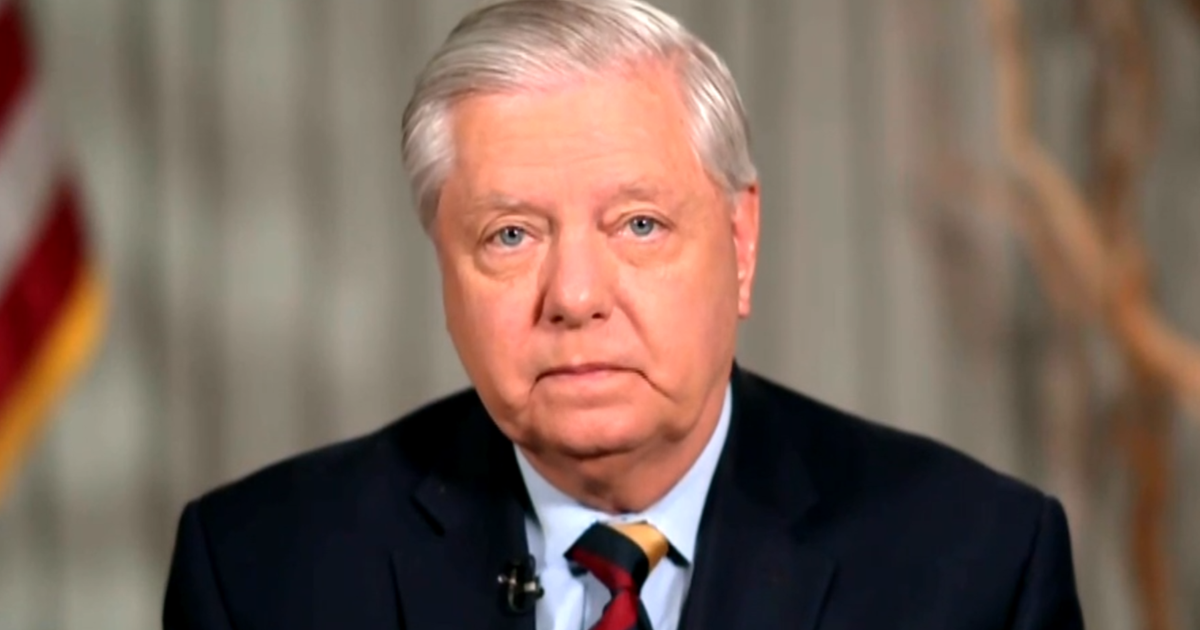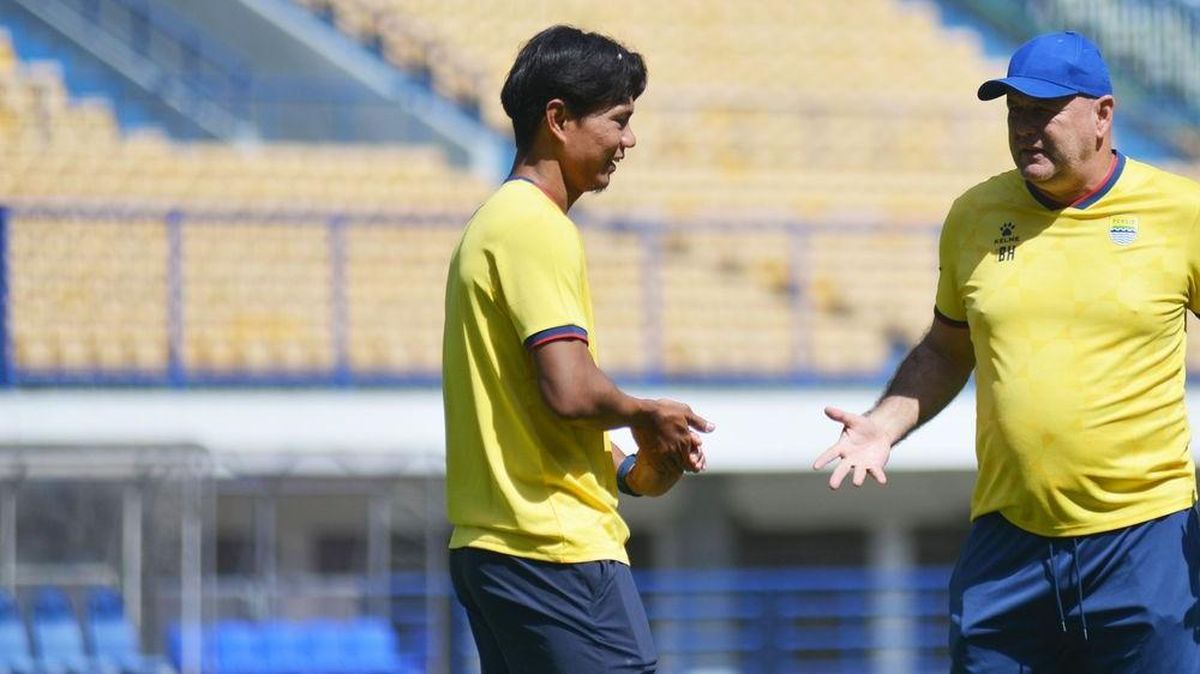Nearly half of public servants surveyed at the NSW transport department, which spends almost half the state’s investment budget each year, are reluctant to speak up about “tough issues” despite it being embroiled in its fourth corruption scandal in six years.
An internal survey of Transport for NSW’s 17,500-strong workforce also found 24 per cent of staff believe change is being managed well – a decline of 6 percentage points on the previous poll – and more than three-fifths of workers felt burnt out, down 5 percentage points.

Cash seized in the latest corruption inquiry involving Transport for NSW officials.Credit: ICAC
Amid a corruption inquiry into agency officials pocketing kickbacks from road contractors, the latest survey reveals 52 per cent of Transport for NSW staff feel “empowered to speak up about tough issues”. They could range from alleged corruption or malpractice to workplace matters.
The findings were detailed in an internal memo to staff by Transport for NSW secretary Josh Murray, who conceded that it was a “tougher report card than we’d hoped”.
Transport for NSW’s spending on projects dwarfs those of other departments, comprising almost half the state’s capital budget each year. It is partly due to mega-projects such as metro rail lines and motorways including the Western Harbour Tunnel and the M6 in the city’s south. The transport agency’s capital spending this financial year is forecast to hit $14.4 billion.
Loading
The number of staff who felt confident that action would be taken based on the survey fell 13 percentage points to 30 per cent, while those proud to tell others they work for the agency dropped 8 percentage points to 60 per cent.
Transport for NSW is in the midst of slashing about 950 white-collar jobs as part of cost-cutting forecast to strip $600 million from the agency this financial year, which is in addition to cutting 300 senior executive roles.
The Independent Commission Against Corruption (ICAC) is also 10 weeks through an expected three months of public hearings into allegations of a kickback scheme involving Transport for NSW officials and nine road contracting companies.
Sacked Transport official Ibrahim Helmy is accused of being the mastermind behind corrupt relationships with companies that were paid at least $343 million in contracts by the government agency. Helmy, 38, is alleged to have pocketed $11.5 million in kickbacks – including bundles of cash and gold bullion – from the contractors, in return for them gaining work at inflated prices.
During the latest ICAC inquiry, a Transport for NSW staffer who became suspicious of Helmy’s activities told a hearing about her concerns about the ineffectiveness of reporting it to a whistleblower hotline in 2023.

Transport for NSW secretary Josh Murray.Credit: Louie Douvis
The public inquiry into the kickbacks is part of an ICAC investigation known as Operation Wyvern, the fourth into corruption in procurement processes at Transport for NSW since 2019.
Amid the hearings Murray put thousands of contractors and suppliers on notice last week when he warned that they must not offer or provide any rewards or incentives in their dealings with the agency, telling them they have “an important role in exposing corrupt conduct and stopping it”.
Loading
“If you have failed to report improper conduct, this could lead to termination of existing contracts and a refusal to consider future tenders from you or your company,” he said in a memo to them.
Murray told suppliers one of the inquiry’s revelations was that a number of contractors did not report the conduct they saw or took part in, despite knowing it to be wrong.
In an attempt to encourage more people to report wrongdoing, Murray said the agency was prepared to make special considerations, while noting that it could not declare a full amnesty.
Greens transport spokeswoman Cate Faehrmann said the agency is in crisis when a culture of fear and silence ran so deep that half the workforce did not feel safe to speak up.
“I’ve heard from Transport employees who have told me of cases when either they, or someone they know, has been punished for speaking up. Protecting whistleblowers is an essential part of a healthy democracy,” she said.
Murray said the agency was committed to listening to staff and understanding their range of perspectives on the workplace.
Murray said it had expected staff feedback would reflect the fact the agency was in the midst of finalising long-standing reforms that impacted people’s jobs and responsibilities.
“That’s meant a sustained period of complex change at Transport, and tough decisions have been made,” he said.
Start the day with a summary of the day’s most important and interesting stories, analysis and insights. Sign up for our Morning Edition newsletter.
Most Viewed in National
Loading

